Job times are running too long. The same issues keep reoccurring. People are getting hurt on the job. Employee turnover is high. You’re calling outside contractors to do the work you’d rather do in-house. These are all signs that things aren’t running like you’d like, but how do you fix it?
Cross-training.
By cross-training employees, you help members of your maintenance team develop skills outside of their primary roles, increasing their versatility. Cross-training enables team members to handle a wide range of tasks, fill in for other employees, and increase their efficiency.
Employees also benefit by learning new skills that can help them advance their careers within your organization. The Society of Human Resource Management’s 2023 State of Mental Health and Well-Being in the Workplace study found that opportunities for growth within the workplace are the foremost driver of employee’s well-being at work.
In this blog, we will dig into five tell-tale signs that your maintenance team can benefit from a cross-training program.
1. High Levels of Equipment Downtime
Equipment downtime can be costly. It not only hurts productivity but also affects overall team morale. If your equipment is out of service longer than necessary because only a few technicians are qualified to repair it, cross-training can help. A well-rounded team where employees can step in and handle equipment prevents delays due to a lack of skilled staff and improves uptime.
2. Over-Dependence on Specific Employees
When a few specific team members are always relied on for their skills, they can become overworked. High demands eventually lead to burnout, low morale, and high turnover rates. That’s unfair to those employees and, ultimately, impacts your business. Cross-training helps distribute the workload across the team, relieving the burden on individual employees and helping the team operate at a manageable pace. When multiple employees have the ability to step up, it guarantees the work gets done.
3. Frequent Bottlenecks Due to Skill Gaps
When just one or two team members can tackle specific tasks or problems, bottlenecks happen. Bottlenecks become even more evident when some team members are out or if unscheduled work arises. If your team’s productivity regularly takes a hit because no one else has the skills to complete a job, it’s time to consider cross-training. Broadening team members’ skill sets helps keep operations running smoothly, no matter who is on duty. Identifying and eliminating recurring skills gaps also ensures work is done right the first time, which can ease bottlenecks.
4. Decreased Team Flexibility and Responsiveness
Cross-training gives maintenance managers more flexibility when creating schedules. They don’t have to worry about compromising the quality of work or creating an unfair burden on certain employees. Flexibility is especially valuable when there are unforeseen events, such as sudden absences, emergencies, or changes in the workload. Having a team with diverse skills can increase operational efficiency and improve response times, enabling your team to adapt to any situation.
5. Low Employee Morale and Engagement
Employee development is essential for retention and job satisfaction. More and more, employees are seeking out clear career paths. Low morale and engagement can indicate that team members feel underutilized or frustrated with their current roles. When morale drops, productivity, job satisfaction, and team dynamics can suffer. Cross-training allows employees to learn new skills and advance in their careers, empowering them to become more versatile and valuable to the company. A study by the University of Phoenix found that 84% of employees are always looking for ways to expand their skillset.
Where Interplay Comes In
A cross-training program is not just a strategy for enhancing skills—it’s a pathway to creating a more resilient, adaptable, and efficient maintenance team, but sometimes getting started can seem daunting. The University of Phoenix study found that some of the top barriers to investing in upskilling employees are finding the time to train and identifying and understanding what skills gaps exist.
Interplay can help address both of these areas so you can equip your team with the skills they need to improve uptime, balance workloads, improve scheduling flexibility, and succeed in their roles. Our scalable and effective career development platform for the essential skilled trades helps business leaders and their maintenance teams build better companies, careers, and lives.
Interplay’s immersive online and VR career development platform includes more than 500 hours of hands-on simulations and expert-led video courses on a variety of different equipment for facilities maintenance workforces. Training ranges from preventative and seasonal maintenance scenarios to diagnostic and troubleshooting work, so maintenance teams gain the resources they need to problem-solve more efficiently when on-the-job. We also provide assessment tools to help companies identify teams’ skills and abilities as well as areas needing improvement. Based on the results, you will be able to know which competencies employees need to work on and receive recommendations to create custom development opportunities for each learner.
If you’re interested in taking your maintenance team to the next level and investing in more cross-training opportunities, you can read more about our multi-family maintenance training courses or contact us to get started.










